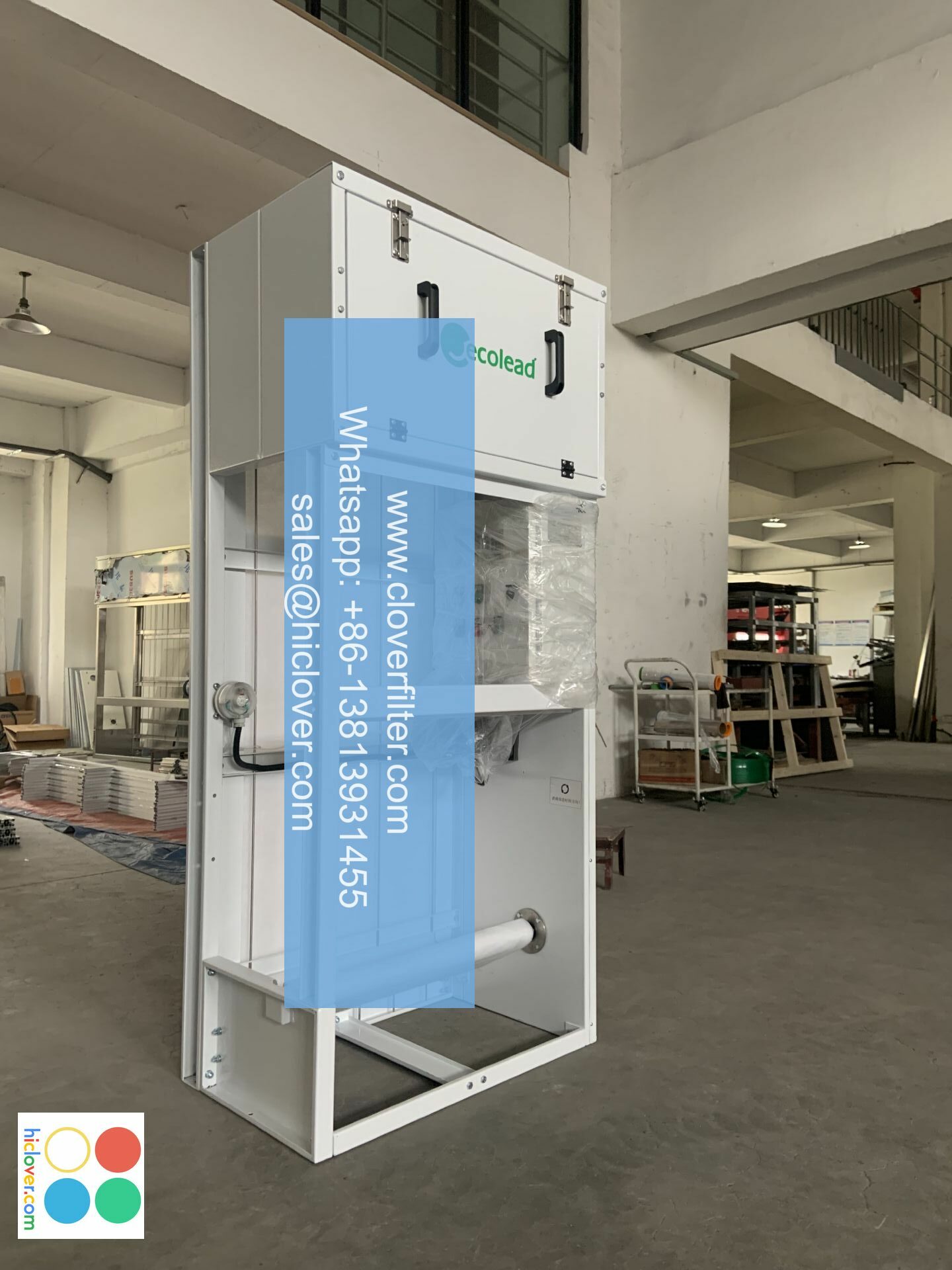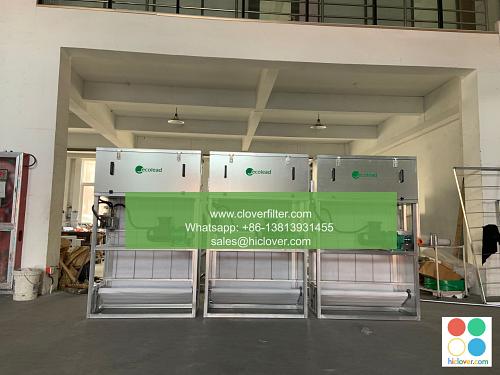How to Choose the Right Air Filter for Your Furnace

Choosing the right air filter for your furnace is crucial to ensure indoor air quality, energy efficiency, and system performance. With so many options available in the market, it can be overwhelming to select the perfect one. In this article, we will discuss the key factors to consider when choosing an air filter for your furnace, highlighting various application areas and technological advancements.
Understanding Furnace Air Filters
Furnace air filters are designed to capture airborne pollutants, dust particles, and allergens that can circulate through your home’s heating, ventilation, and air conditioning (HVAC) system. A good air filter can help reduce indoor air pollution, improve breathability, and prevent respiratory problems. There are several types of air filters available, including fiberglass filters, pleated filters, electrostatic filters, and HEPA filters.
Key Factors to Consider
When choosing an air filter for your furnace, consider the following key factors:
* Filter efficiency: Look for filters with a high Minimum Efficiency Reporting Value (MERV) rating, which measures the filter’s ability to capture particles of different sizes.
* Filter size: Ensure the filter is the correct size for your furnace to prevent air leaks and reduced airflow.
* Filter type: Choose a filter that is compatible with your furnace’s airflow system and static pressure requirements.
* Maintenance costs: Consider the cost of replacing the filter and any additional maintenance requirements.
Application Areas
Air filters are used in various application areas, including:
* Residential HVAC systems: Air filters are used to improve indoor air quality and reduce allergens in homes.
* Commercial HVAC systems: Air filters are used to improve indoor air quality and reduce odors in commercial buildings.
* Industrial applications: Air filters are used to capture hazardous particles and chemicals in industrial settings.
Technological Advancements
The air filter industry has seen significant technological advancements in recent years, including:
* Smart air filters: These filters can monitor air quality and filter performance in real-time.
* Antimicrobial air filters: These filters can capture bacteria and viruses, improving indoor air quality.
* Sustainable air filters: These filters are made from eco-friendly materials and can be recycled or reused.
Conclusion
Choosing the right air filter for your furnace is crucial to ensure indoor air quality, energy efficiency, and system performance. By considering the key factors discussed in this article and highlighting various application areas and technological advancements, you can make an informed decision when selecting an air filter for your furnace. Remember to always check the filter’s compatibility with your furnace’s airflow system and static pressure requirements to ensure optimal performance. It looks like you haven’t provided a prompt yet. What would you like to talk about or ask? I can help with a wide range of topics, from science and history to entertainment and culture. Go ahead and give me a prompt, and I’ll do my best to assist you!

